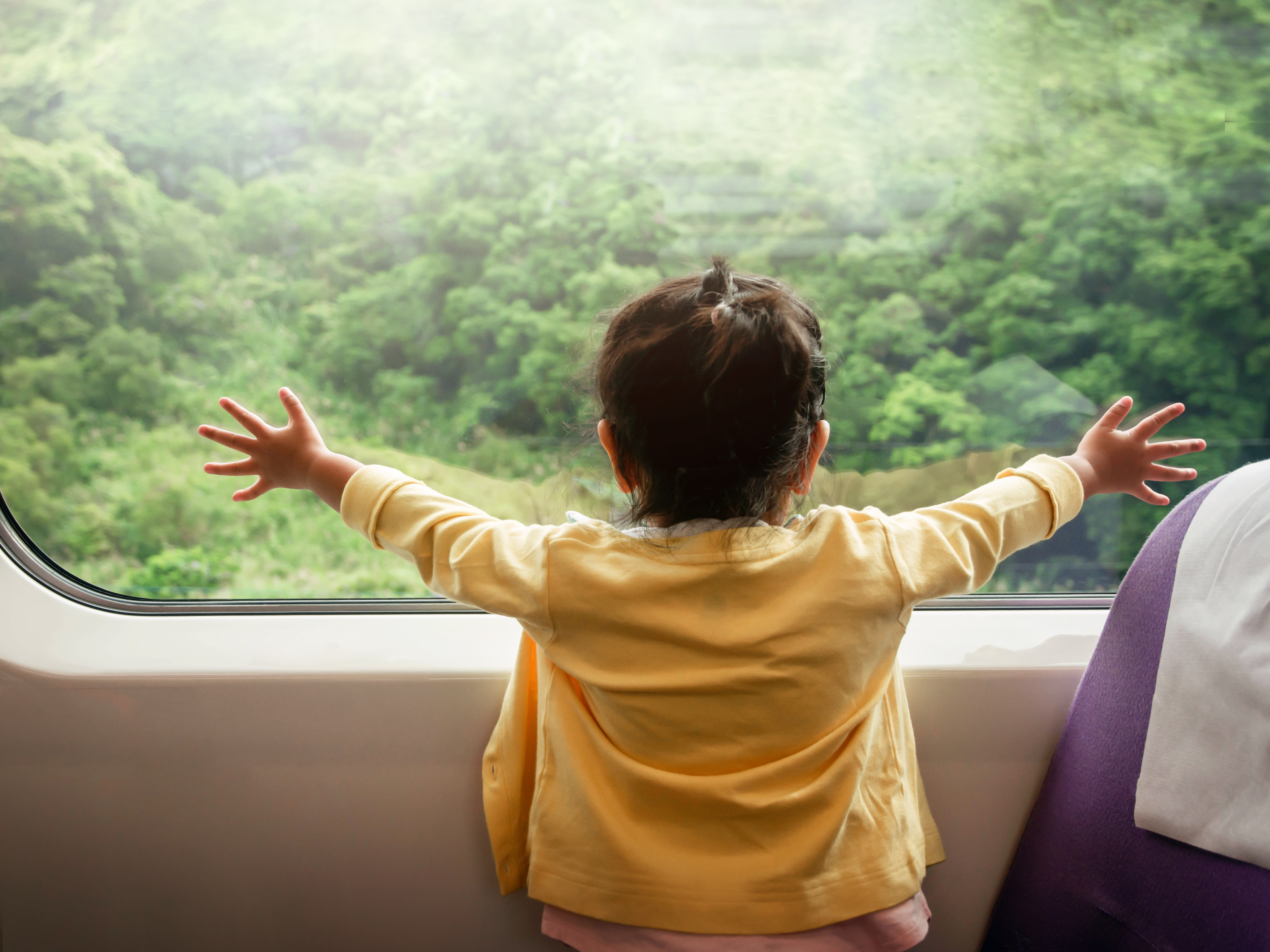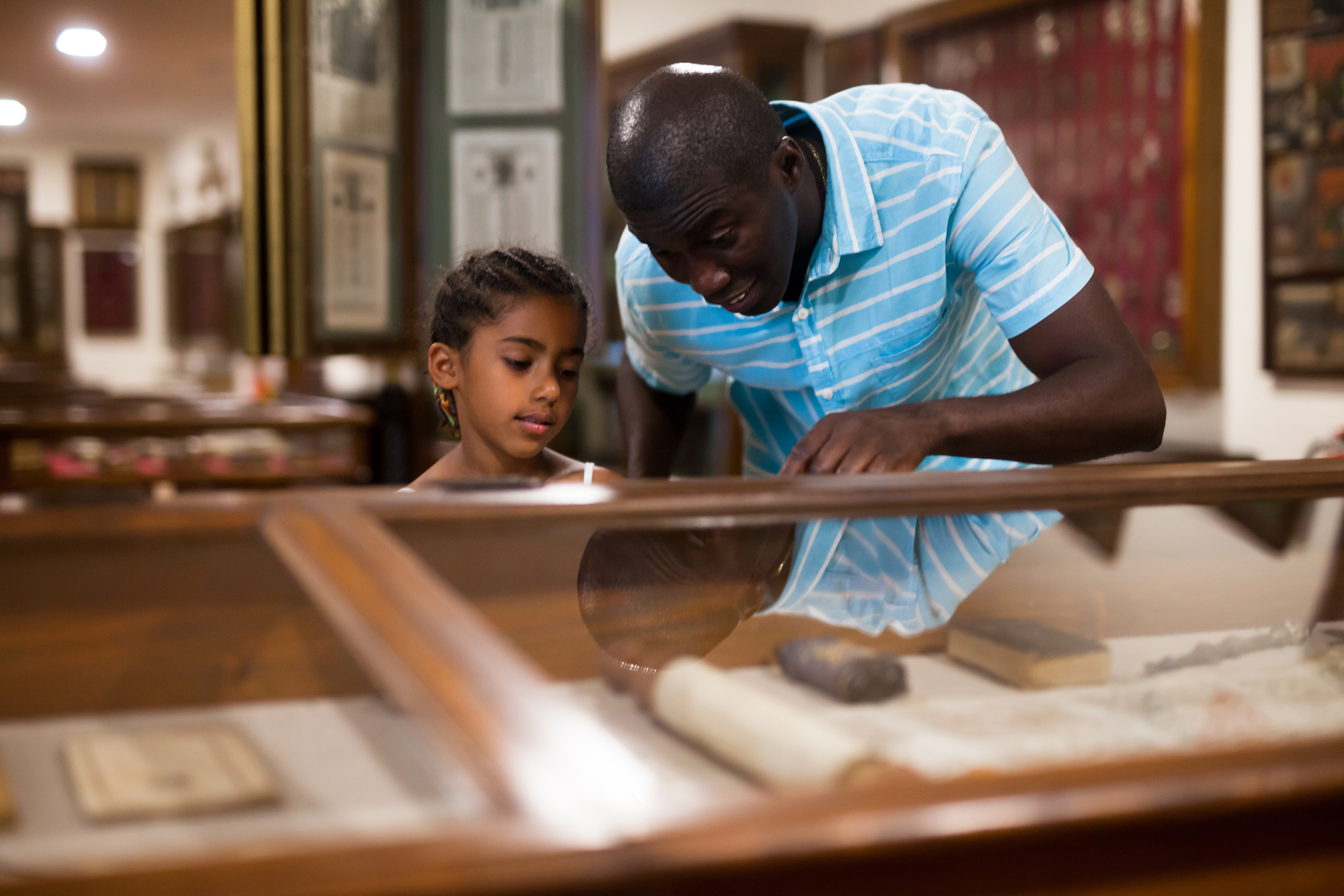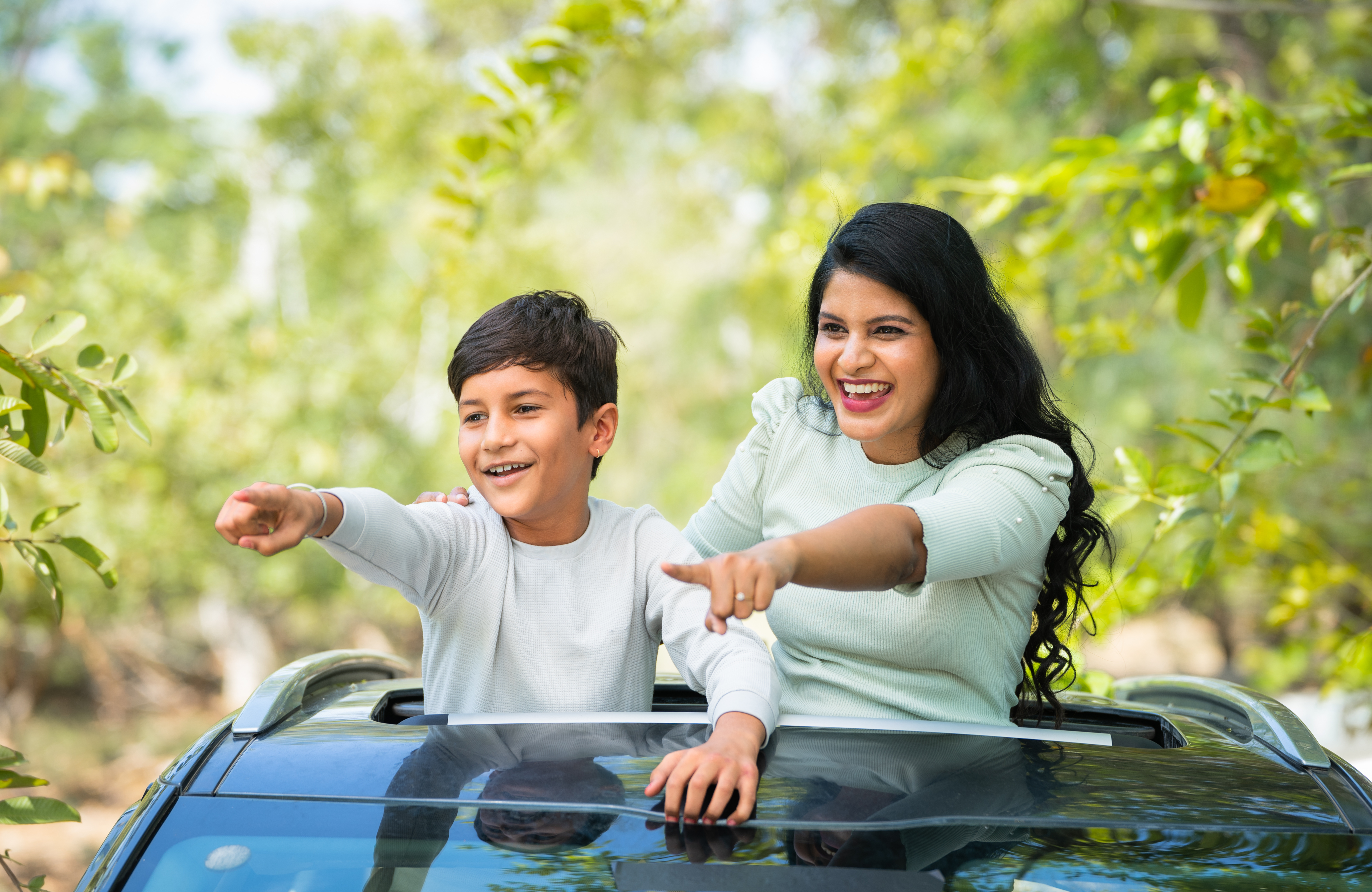In a world that sometimes feels divided, raising a generation with a global mindset is one of the best ways to bring people closer.
Travel is subtly laying the brickwork for a greater change. Many parents recognize its value and are increasingly choosing enriching journeys with their children, imparting values that will ripple across future generations.
These journeys are opening the door to a bigger world. The younger generation is learning to see life from other perspectives, instilling them with qualities that the world needs more than ever—empathy, tolerance, and respect for others.
Research shows it has a long-lasting impact on the child's cognitive, emotional, and social development. It develops the adaptability and adversity quotient of the child, building resilience and preparing them for the future.
Travel is igniting their imagination and love for the world. This schooling goes beyond classrooms and textbooks, fostering global bonds and insights that stay embedded.
This generational impact goes beyond individual growth; it represents a shift in collective consciousness. The children raised with a global perspective will more likely advocate for positive change, champion diversity, and work toward a sustainable future.
Let us plunge into how family vacations can become a building block in the child's formative years. It is an investment parents make for shaping future generations.
Family Travel by the Numbers
The steep upsurge in family travel in the last decade clearly reflects growing awareness and appreciation for its benefits. There has been a significant shift in travel patterns worldwide.
New markets such as India, Southeast Asia, and Eastern Europe are growing sources of outbound tourism. Indians' travel spending is expected to grow 9 percent per year between now and 2030; annual growth projections for Southeast Asians and Eastern Europeans are both around 7 percent.
76% of Indian parents make travel decisions based on the preferences and likes of their kids.This trend clearly indicates the influence and impact of youth in shaping the future of tourism in the country. Since these young adults are interested in local and international trips, there can be promising opportunities for adventurous trips filled with curiosity and cultural interests.
Indian millennial parents are playing a vital role in shaping the future of tourism industry both in India and abroad. They are keeping approximately 34% of their annual income for travel and exploring new exotic destinations, leaving GenZ and Gen X far behind. According to a report submitted by Travel Benefits and Customer Engagement in 2024, Indian millennial parents spend approximately $6,031 annually on international and national travels. The number is quite high compared to $2622 of GenZ, $3059 of GenX and $2600 of Baby Boomers.
According to the U.S. Travel Association, over 53% of American families planned a vacation in 2023 while 61% of parents agreed it to be a means of connecting and bonding with the family.
According to a report submitted by Statista, millennial parents spend much more on family travel than the previous generation. They spend an average of $4580 per year on travel. They consider it an investment in helping their children grow up with varied experiences and progressive viewpoints.
Child Development and Sensory Processing during Family Travel
According to neuroscience research, the brain of a child develops at a rapid pace. By age five, the brain makes 1 million neural pathways per second, reaching 90% of the adult brain size. It is when sensory and environmental stimulation most impact the child's cognitive, emotional, and social development. Each trip brings unique stimulations that developthe child's perception, cognitive skills, creativity, and memory.

Children who travel in early childhood have 25% greater cognitive flexibility and 40% improvement in regulating and managing their emotions.
Cognitive and Emotional Development Through Travel
Cognitive Skills
In today's fast-paced world, undergoing rapid changes, children need to develop their adaptability and adversity quotient more than their intelligence quotient. During travel, they get ample opportunities to develop and demonstrate their problem-solving skills, adaptability, and critical thinking. According to the Indian School of Development Management, 40% of Indian millennial parents observed that traveling with kids improved their curiosity, especially in subjects like social studies, history, and geography. They quickly adapt to new surroundings and have high problem-solving skills compared to children who travel infrequently.
Emotional Intelligence
Another aspect of building a child's personality is developing their emotional quotient. Children become emotionally intelligent when exposed to new surroundings, culture, language, traditions, and lifestyles. They become empathetic towards cultural differences. According to a survey by the Institute of Education, children who travel more, particularly international travel, had 35% higher scores in social awareness, cultural sensitivity, and interpersonal skills. They are better accustomed to social cues and nuances.
According to National Institute of Mental Health and Neurosciences, Bengaluru, family travel positively impacts the child's mental health. Such children have 20% less chances of social anxiety as they grow.
Strengthening Family Bonds and Intergenerational Relationships
The American Family Survey published a report in 2023 stating that families who travel together at least once a year have a 30% higher sense of closeness and bonding than those who do not. Travel experiences become a part of their collective memories and play a crucial role in strengthening the family bond. It reinforces the importance of unity and building resilience in challenging times.
Long-Term Impacts on Children's Worldviews and Career Choices
Expanding Worldview
Travel is one of the best ways to broaden a child's perspective and develop a profound understanding of a global mindset. Children exposed to different places, cultures, traditions, values, and beliefs from an early age have 45% higher chances of choosing a career involving global exposure such as diplomacy, philanthropy, and foreign trade, source: Education and Employer taskforce.
Career Influence
Travel influences children's career choices in the later stages of their life. Being exposed to the art, culture, architecture, and fashion of different countries during travel, can inspire a child to pursue a career in design, fashion, art, or social sciences. According to a survey, 35% of young adults who have traveled more in childhood select a career related to creativity and social engagement.
Financial Literacy and Responsibility Through Travel
The most essential attributes of financial literacy are budgeting, planning, and prioritizing resource allocation. When parents involve children in planning the trip, take their opinion, and encourage them to save for the trip, they give them life lessons for financial literacy and the importance of delayed gratification.

45% of parents who involve children in various stages of vacation planning and execution, raise financially responsible adults. Source: Family finance survey by T. Rowe Price. They have healthy financial habits, believe in savings, and value experience more than materialism.
Sustainability and Awareness of Environmental Impact
Building Environmental Consciousness
If parents believe in and practice sustainable tourism, children also learn the importance of sustainability and develop a sense of responsibility towards the environment. According to a report published by the Global Tourism Council, 50% of young adults are aware of and sensitive to environmental conservation due to sustainable travel decisions made during family vacations. Visits to national parks and wildlife sanctuaries leave a long-lasting impression on young minds and inspire them to make environmentally conscious choices as they grow up.
Learning Eco-Friendly Practices
Millennial parents are playing an important role in teaching their children the value of sustainability by reducing their carbon footprint, avoiding single-use plastics, and choosing local over global. The values learned during childhood are often carried by children into adulthood, where they continue making ethical choices. According to Centre for Environment Education, 48% of parents who engage in sustainable traveling raise adults who are responsible and sensitive towards environmental and conservation issues.
Post-Travel Impact on Academic Performance and Social Success
Academic Benefits
Interestingly, travel also has a positive impact on children's academic performance. According to a study from the University of Georgia, children who often travel with family have 20% better performance in subjects like geography, art, language, and social sciences. Travelling triggers their academic curiosity and inspires them to learn through real-world experiences.

Social Success
Traveling develops social skills in children. According to a report published by the National Institute of Health, children who travel often are exposed to new cultures and environments, adapt better to group activities, are more confident and resilient, and are likelier to succeed.
The Ripple Effect of Family Travel on Future Generations
It is quite evident that traveling with the younger generation goes way beyond relaxation. Travel is developing a child's cognitive, emotional, social, adaptability, and adversity quotient. By planning travel that transforms, parents are laying the foundation for a happy, curious, inspired, and successful child.
.png)











